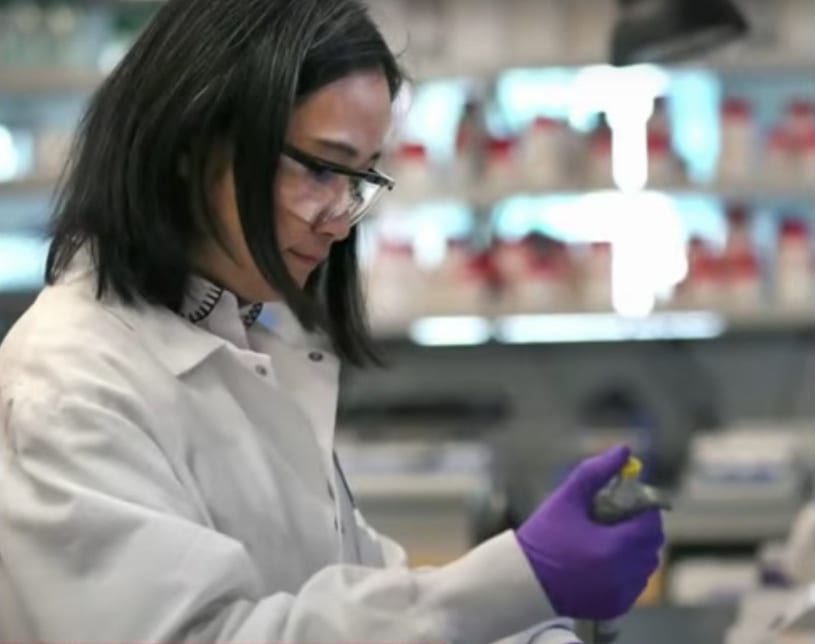“This is good news because we’re getting steps forward in the vaccine process here, but [Moderna] still has two more phases to go through,” said Torres. “They’ll do a phase 2 which is about 600 people, and then they’ll do a big phase 3. They think they’ll start that one in July. That’s the one that’s gonna give us a lot of answers. If they get through that, then we’ll get the vaccine; keeping our fingers crossed.”

So what does that mean in terms of when the public will be seeing a vaccine available?
That’s the question that’s even tougher to answer with certainty.
“That usually takes months or years—in this case, they’re hoping months, so again I think that 12-18 month is probably somewhat expected,” remarked Torres. “So we’re talking sometime after the new year I think is when we’ll get it. Maybe before if things fall into place really well.”
Another point worthy of note regarding the early vaccine phase for Moderna was brought up by Daniel Salmon, Director of the Institute for Vaccine Safety at the Johns Hopkins Bloomberg School of Public Health.
“I would certainly take this as good news, and it’s certainly worth moving forward” into later-stage trials, said Salmon. “There’s just historically, if you look at vaccine development, lots of vaccines that look good out of Phase 1 that don’t turn out to be good products.”
Hear more on this story in the TODAY interview with Hota Kotb and Dr. John Torres below.

